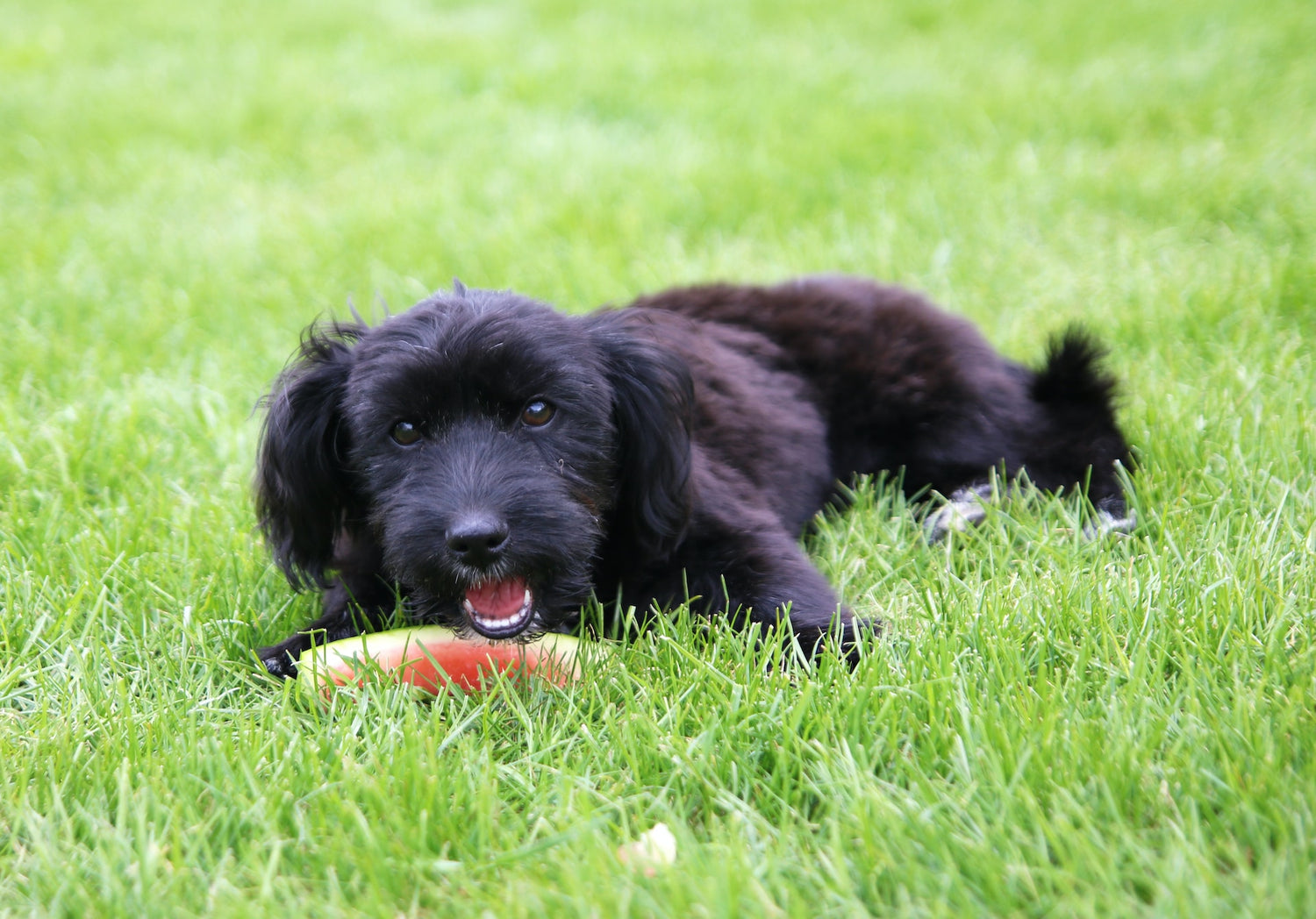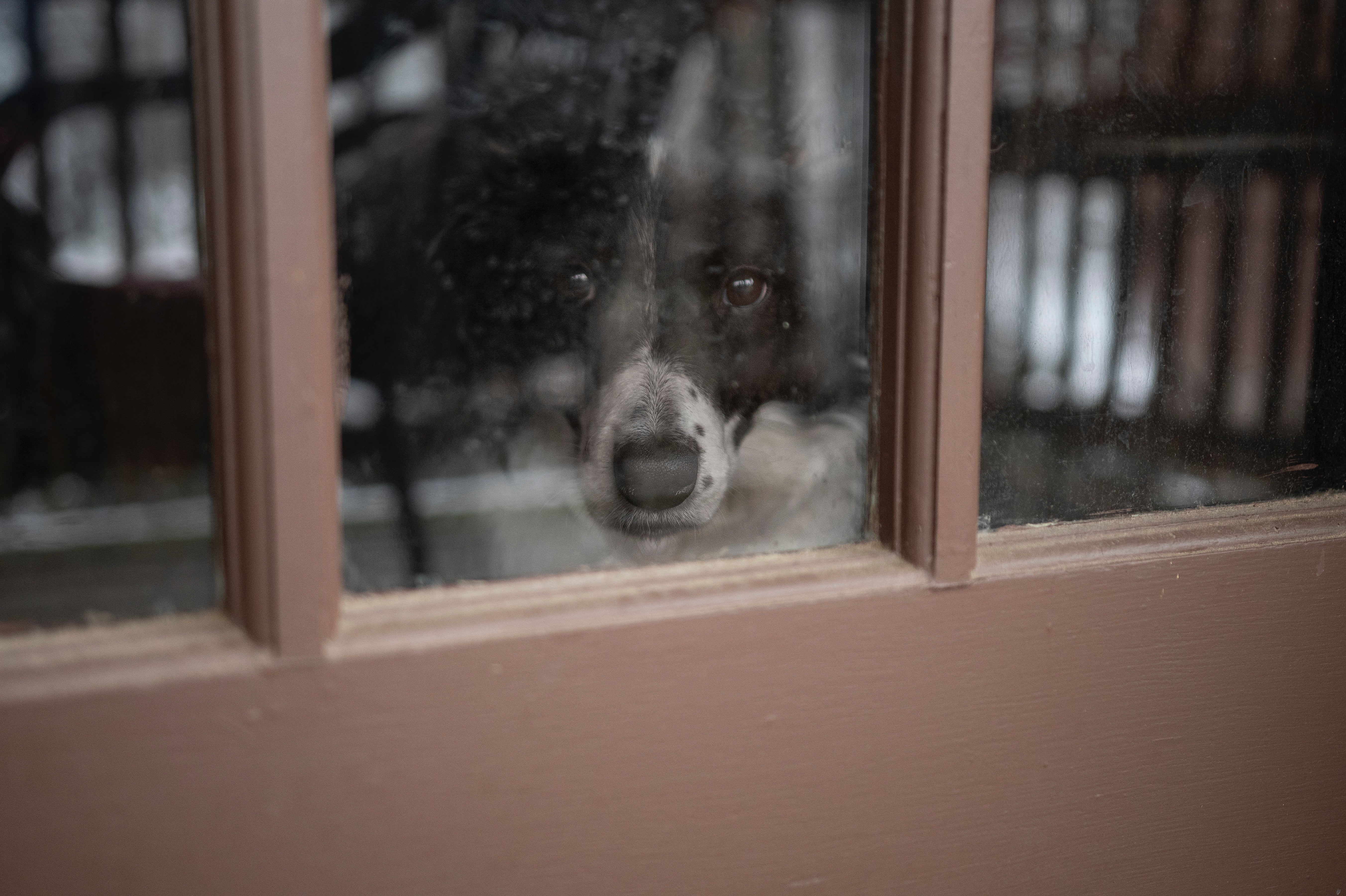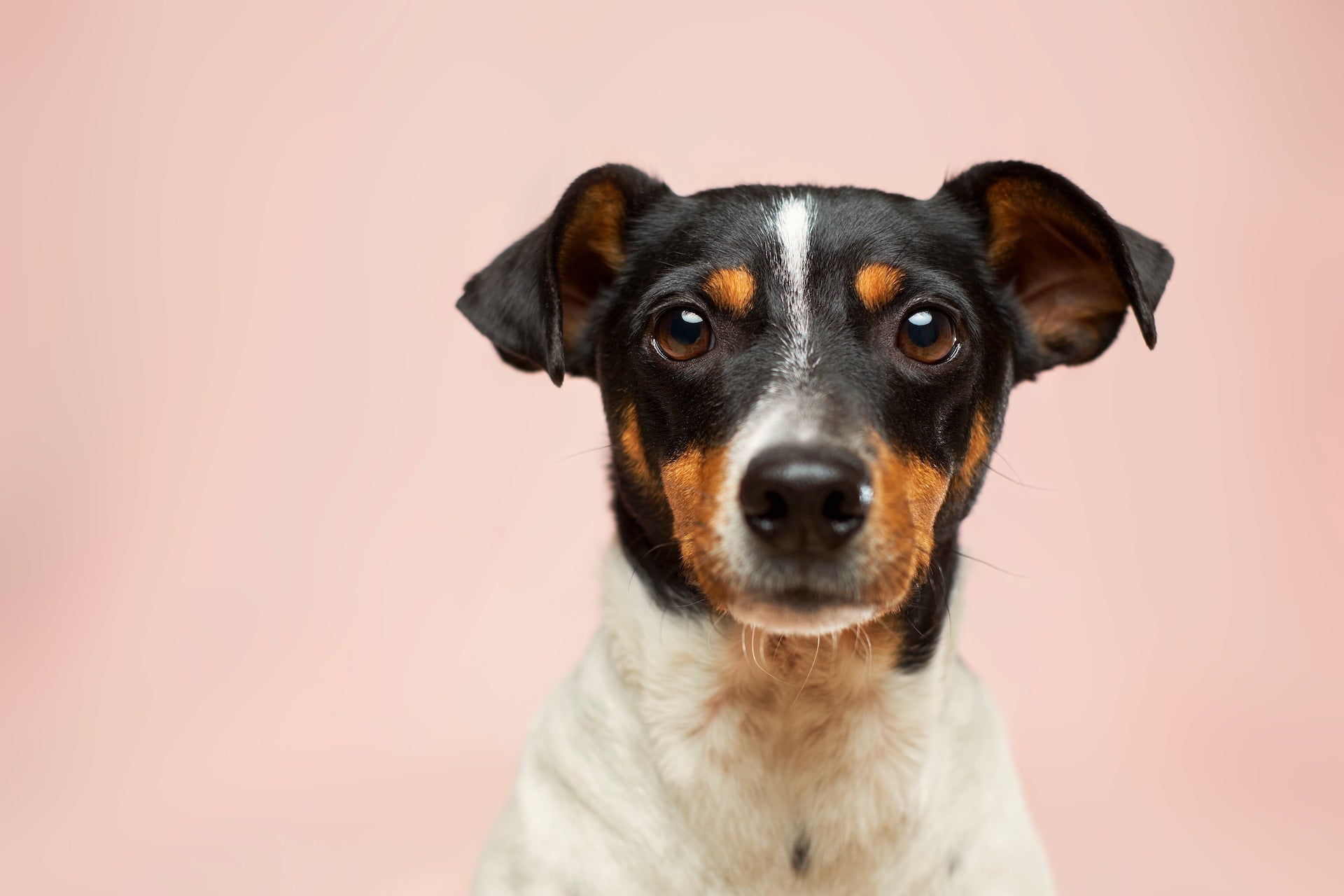Introduction
Witnessing your canine companion munching away on your lawn can indeed raise eyebrows. This age-old behaviour has left many pet owners, and even researchers, pondering its cause. In this comprehensive guide, we'll delve deep into the potential reasons and address the million-dollar question: Is it safe?
Common Myths and Facts
Like many behaviours in the animal kingdom, several myths surround why dogs eat grass. Let's debunk some and find out the truth!
Dogs Eat Grass When Sick?
Contrary to popular belief, not all dogs eat grass to induce vomiting. In fact, only a small percentage of dogs that eat grass seem to be unwell beforehand, and even fewer vomit afterward. Thus, sickness might not be the primary reason, though it can be a factor for some pooches.
Grass Aids Digestion
Some suggest that dogs eat grass to help them digest food. However, this is unlikely as dogs, like their wolf ancestors, have a primarily meat-based diet and do not have the digestive enzymes to break down plant matter efficiently.
Deep Dive into Theories
Several theories, backed by veterinary science, offer explanations for this grass-chewing behaviour.
Ancestral Diet Theory
The wild ancestors of dogs, like wolves and foxes, consumed herbivores. Eating the entire prey provided them with plant matter from the digestive tracts of these animals. So, today's dogs could be inclined to munch on grass due to their ancestral diet habits.
Boredom or Behavioural Issues
Dogs are active creatures. When left alone in the backyard with nothing to do, they might resort to eating grass out of boredom. In other cases, dogs might eat grass for attention if they have noticed that doing so gets a reaction from their owner.
Intestinal Worms Theory
One age-old theory suggests that dogs eat grass to naturally purge intestinal worms. The roughage could theoretically wrap around the parasites and help expel them. However, modern veterinary medicine provides more effective deworming treatments, so relying on grass would be outdated.
Nutritional Aspects
Could it be that dogs are seeking out some specific nutrition when they chow down on grass?
Seeking Fiber
A lack of fibre might drive dogs to eat grass. It helps in digestion, and adding fibre to their diet can sometimes reduce grass eating.
Instinctual Behaviour
Similar to the ancestral diet theory, some dogs might eat grass due to an ingrained behaviour from their wild ancestors. Consuming plant matter from prey's stomach would have been a natural part of their diet.
Digestive Health and the Role of Pre & Probiotics
One reason dogs might eat grass is to address a digestive imbalance. If a dog's gut lacks good bacteria, they might instinctively consume grass to induce vomiting and 'reset' their stomachs.
Prebiotics and probiotics play a crucial role in ensuring a dog's gut health. Prebiotics are non-digestible fibre compounds that stimulate the growth of beneficial bacteria in the gut. They act as food for probiotics, which are the good bacteria.
Our Pupps Pre & Probiotic dog treats are designed specifically to enhance your dog's gut health. They contain a blend of essential prebiotics and probiotics that promote a balanced digestive system, potentially reducing the urge to eat grass. The treats contain strains like Lactobacillus Acidophilus and Lactobacillus Plantarum that boost the number of good bacteria in the gut.
Moreover, these treats have additional health benefits. For instance, they help in:
- Boosting Immunity: A healthy gut contributes to a strong immune system. By balancing the intestinal flora, these treats ensure your dog is better equipped to fight off pathogens.
- Improving Stool Quality: By promoting a balanced gut microbiome, these treats help in producing well-formed stools, making your pet's bowel movements regular and healthier.
- Enhancing Nutrient Absorption: With a balanced gut, dogs can absorb nutrients from their food more efficiently, ensuring they get all the essential vitamins and minerals.
Grass, Nutrition, and Gut Health
If your dog's diet lacks essential nutrients, they might instinctively consume grass as a source of roughage or to induce vomiting to express discomfort. Incorporating a well-rounded diet that includes essential nutrients and supplements like our Pupps Pre & Probiotic treats can help in curbing this behaviour. By ensuring a balanced gut, you're not just preventing the grass-eating habit but also ensuring your dog's overall well-being.
Is Eating Grass Safe for Dogs?
For most dogs, occasional grass eating is not a cause for concern. But there are specific circumstances when it can be harmful.
Potential Dangers
The primary concern about dogs eating grass is the potential ingestion of pesticides, herbicides, or other chemicals used to treat lawns. If you treat your yard with chemicals, it's vital to keep your dog away.
When to Be Concerned
If your dog consumes excessive amounts of grass regularly, it might indicate an underlying health issue or dietary deficiency. It's essential to consult with your vet to rule out any potential problems.
Tips to Deter Grass Eating
- Enhance their diet: If a dietary deficiency is causing the behaviour, improving the quality of their food can help.
- Provide chew toys: If boredom is the reason, ensure your dog has plenty of toys to keep them occupied.
- Training: Teach commands like "leave it" to prevent your dog from eating unwanted things.
- Safe Grass: If your dog enjoys grass, you can provide a safe grass patch free from chemicals.
Conclusion
Though the sight of your furry friend munching on your lawn might initially be a cause for concern, understanding the potential reasons and ensuring they're not consuming harmful chemicals can put your mind at ease. Stay informed, ensure your lawn is safe, and always prioritise your dog's overall health and well-being.
Frequently Asked Questions
- Why does my dog seem to prefer certain patches of grass? Dogs, with their acute senses, might differentiate between grass types or the critters they harbour!
- Should I stop my dog from eating grass? As long as it's chemical-free, occasional consumption is okay. But excessive eating should be monitored.
- Is there a breed more prone to grass-eating? No breed specifically has a higher propensity for grass consumption.
- Can I provide an alternative to grass for my dog? Absolutely! Fibre-rich veggies can be a great substitute.
- How do I ensure the grass is safe? Keep your lawn chemical-free. If you're outsourcing lawn care, insist on pet-safe treatments.




Leave a comment
This site is protected by hCaptcha and the hCaptcha Privacy Policy and Terms of Service apply.